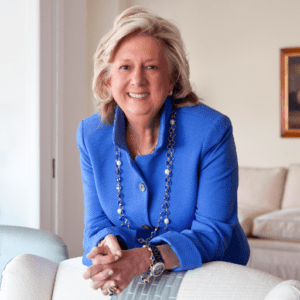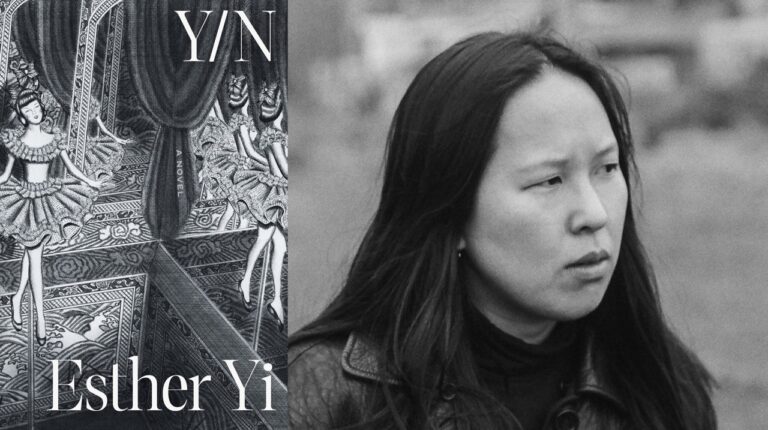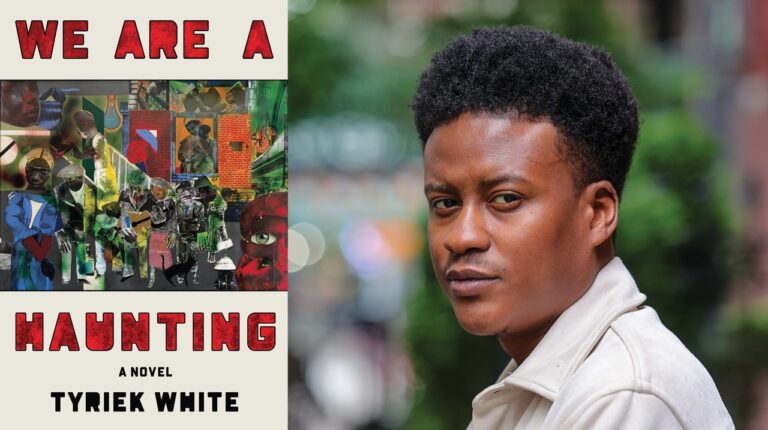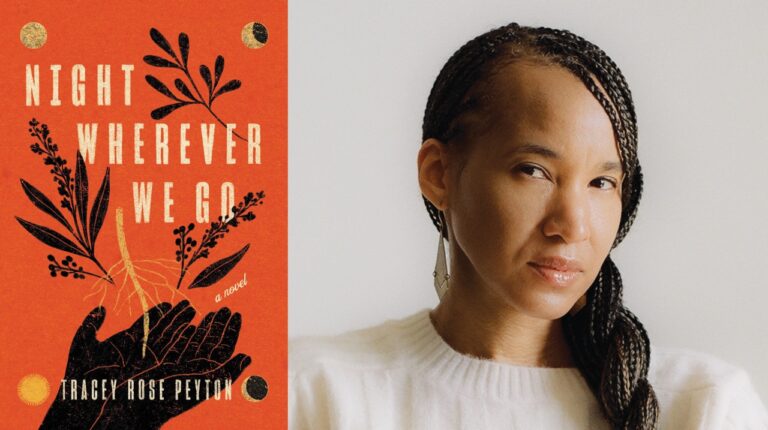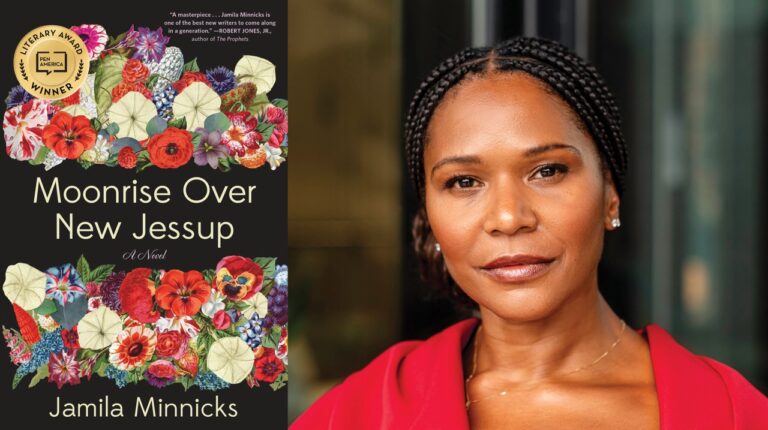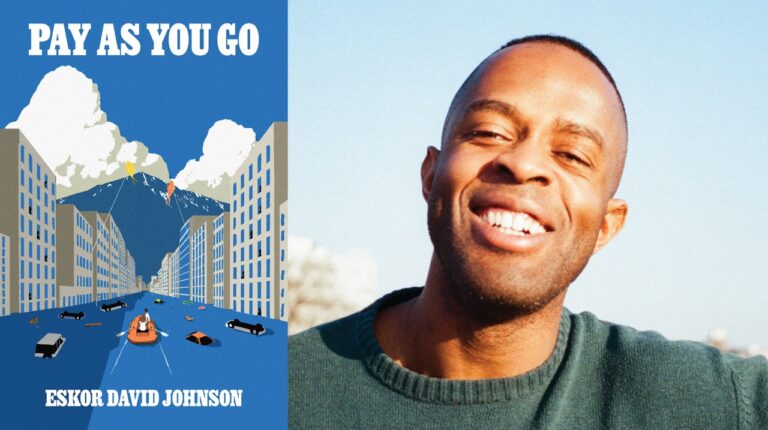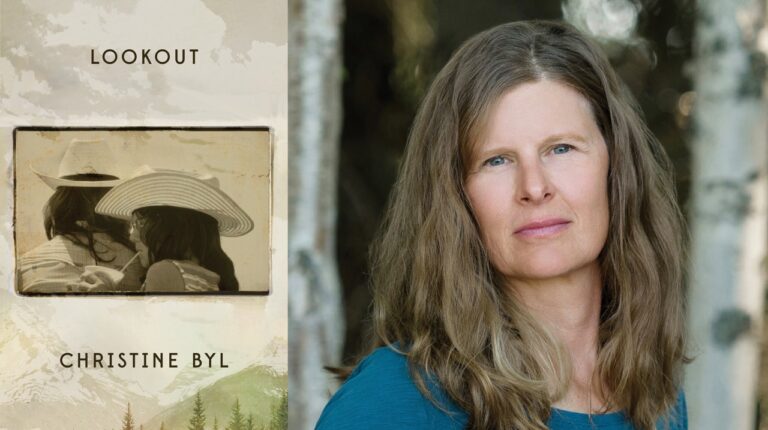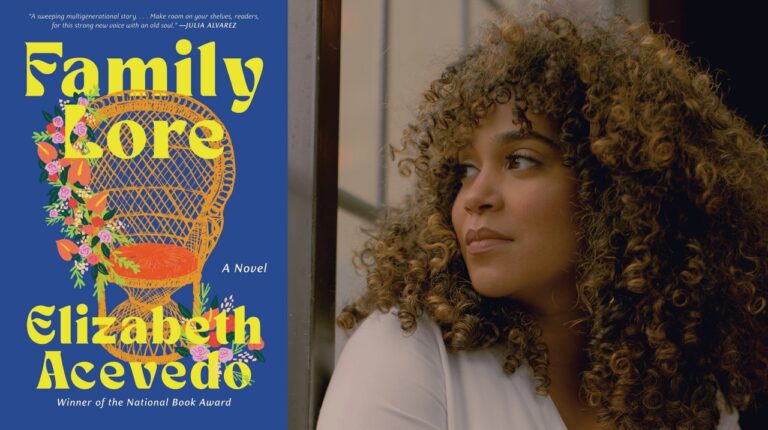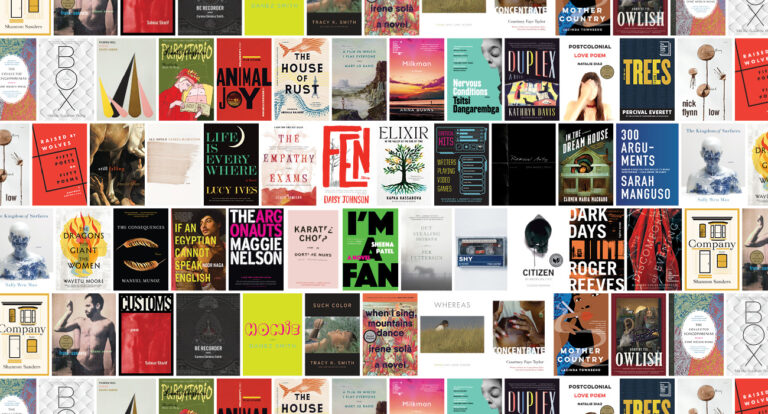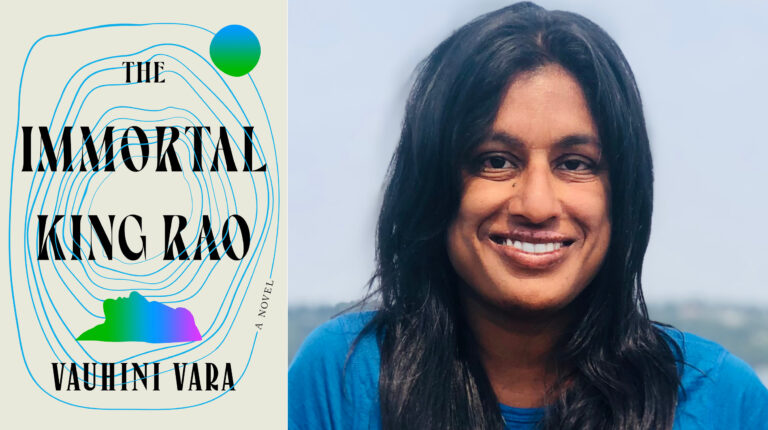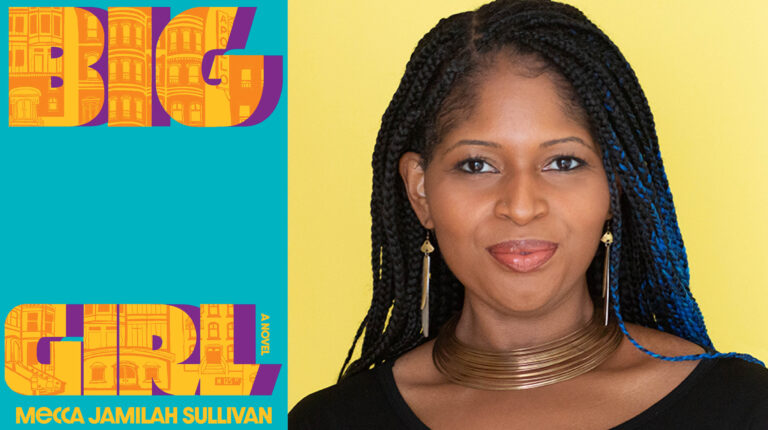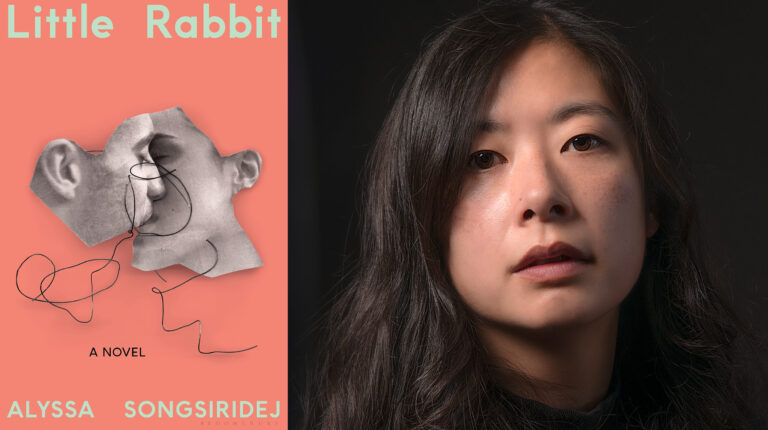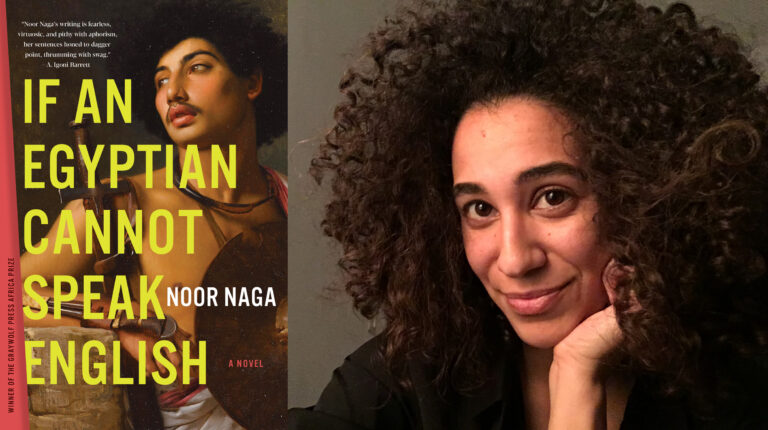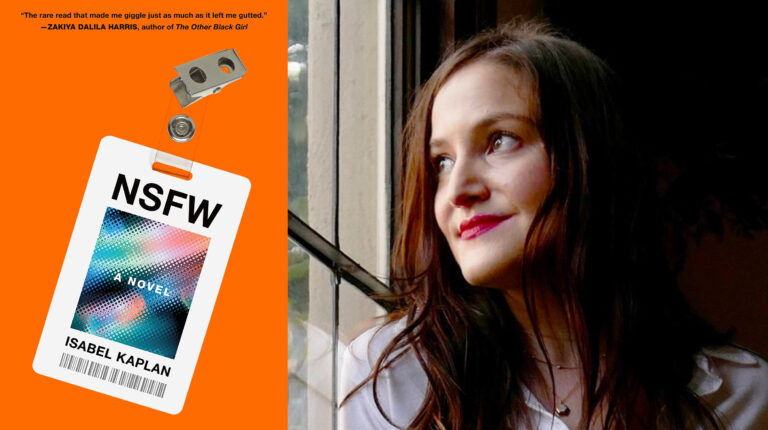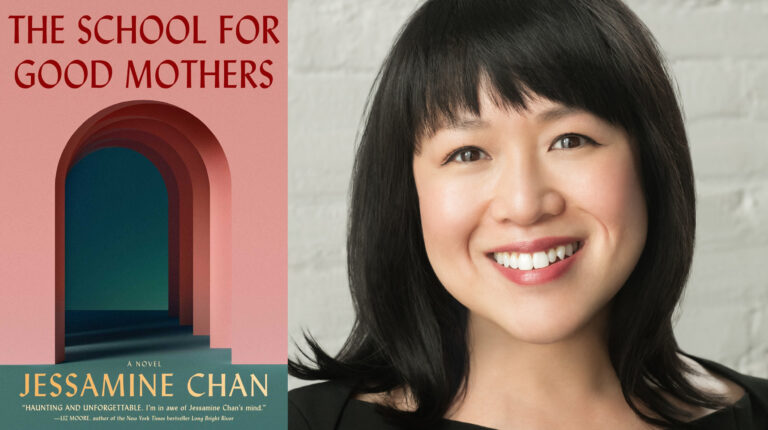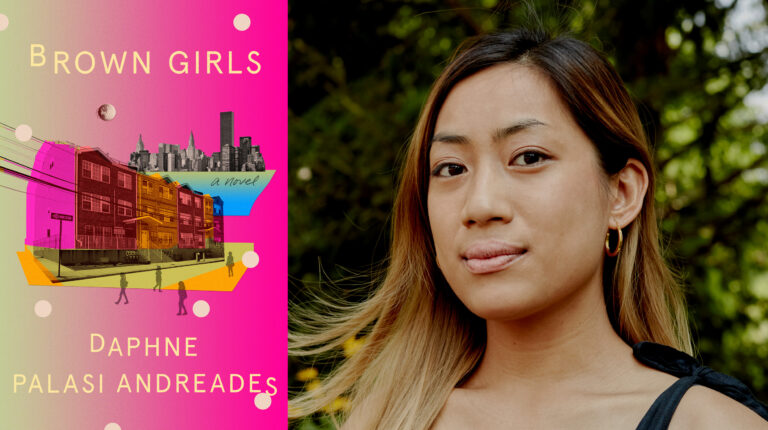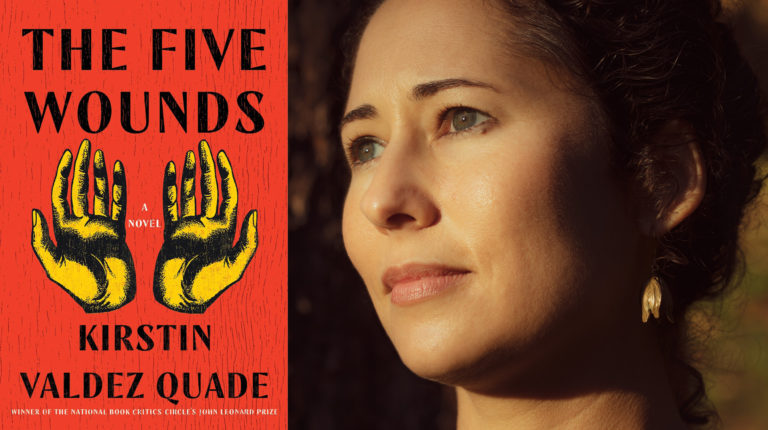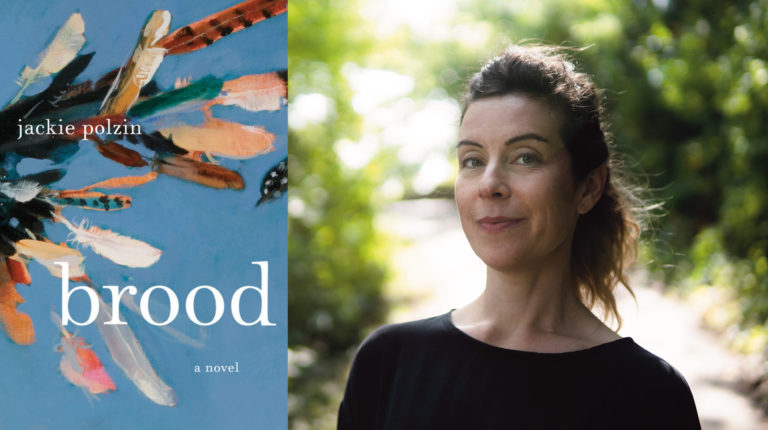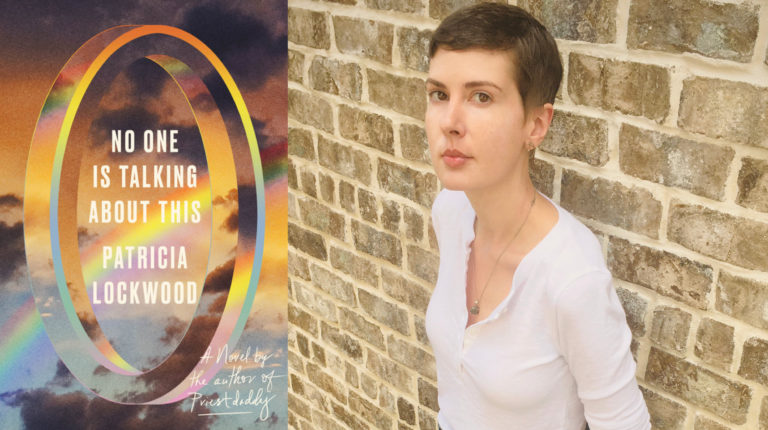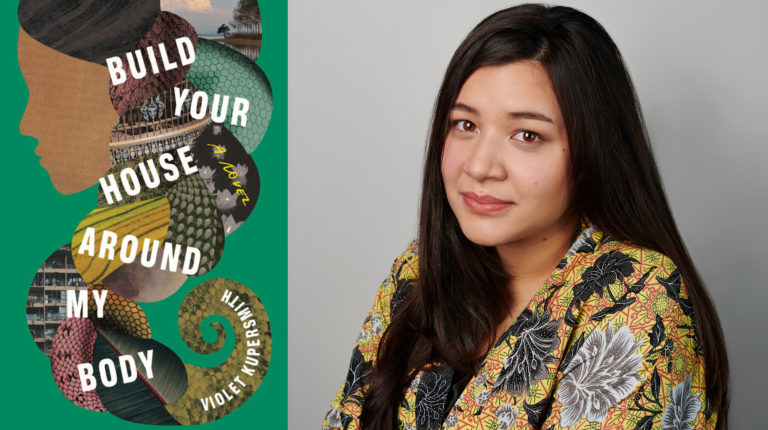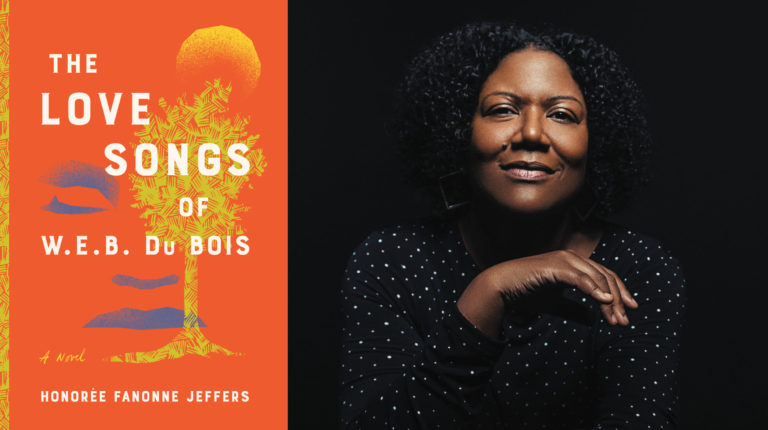In advance of her appearance as part of the Center's Crime Fiction Academy in 2013, master writer Linda Fairstein answered questions about taking the midlife risk to become a writer, parsing the news, and keeping a crime fiction series vital.
You had a stellar career as chief of the Sex Crimes Unit for the District Attorney’s office in Manhattan before becoming a novelist. You had also written nonfiction. Was it hard for you, as someone who had an established public reputation, to put yourself out there as a fiction writer?
I think it’s extremely difficult for anyone to attempt to establish themselves as a fiction writer, although in my case the prosecutorial ‘day job’ made it far easier. Most people have no idea that from my adolescence on, I dreamed of being a writer. The reason I went to Vassar—a great all-women’s college in the 1960’s— is because it had (and still has) a stunning English lit department, and had been the literary launching pad for Mary McCarthy, Edna St. Vincent Millay and so many other writers I admired. When I’d tell friends that was my plan, my father (whom I adored) used to roll his eyes and say, “But you have nothing to write about! Get a career.” In my senior year, I decided to apply to law school because of my interest in public service. Not only did I serendipitously end up doing work I loved—helping to create the country’s first special victims’ unit and run it for 26 years—but I also was exposed to all the material that became the foundation for my series of Alex Cooper novels. In the late 1980’s after our office had pioneered so many innovative techniques, a publisher approached me about writing a nonfiction book about that work, which the DA gave me permission to do. After that was published in 1993, I went back to my boss and told him that what I’d always wanted to do was to write crime fiction. He told me that was fine, as long as I didn’t do it on city time. So I began a routine of rising at five a.m. to write for several hours before going down to my desk in the courthouse. The publication of Final Jeopardy in 1996 was a period of sheer joy for me (despite one particular reviewer in the Washington Post urging me to keep my day job). Was it hard to take the leap? Sure, but it was nothing compared to holding the lives of victims in my hands every day and deciding the fate of violent perps for the two decades I’d been doing that work as a prosecutor. It’s the world I’d always wanted to be in, and well worth the trepidation of jumping in.
What do you know now that you wish you’d known then?
I would probably have answered this question a different way every year since I’ve started writing. Perhaps because I didn’t start to publish fiction until I was over the age of forty, I’d been able to soak up wisdom from a lot of writers I knew. I didn’t have any illusions about the world I was entering, and I had picked up the very strict discipline of the practice of law. Things that no one could have predicted— like how electronic media would affect the world of publishing—wouldn’t have made a difference to me. I love to learn as I move forward, so that makes things more interesting, always.
Night Watch brings to mind the notorious Sofitel/Dominique Strauss-Kahn case, and yet you flip some of the power dynamics. When you watch the news, are the wheels always turning?
In all of my novels, the plots have been entirely imaginary. I have used my fascination with criminal law to draw minor facts (not storylines) from cases I’ve handled, character traits from people I’ve known, lots of New York City history—but I have never “ripped from the headlines” until Night Watch. I was riveted from the moment the DSK case became news, and perhaps especially so because it would have been my case as a prosecutor in the Manhattan DA’s office. So I watched it with special interest, and everywhere I went, the first question friends and acquaintances asked was, “What do you think went on in that hotel room?” With great reluctance, I decided to take it all on in a novel—so I felt, personally, that it would be more interesting to tell a somewhat different story (though related) and change the power dynamic—race, class, money. I also wanted to emphasize the part that was never made public and which gives the story dramatic tension: What does a prosecutor do when the witness she/he believes in is the one who compromises the effort to do justice? And yes, watching the news and reading the papers, my wheels are always turning, just looking for tidbits from which to draw, not a plot or storyline.
In fiction, you ultimately get to control the story. But do you know where the narrative is headed when you first sit down to write?
The first thing I do in plotting a novel is to choose the world in which the story will unfold (since I use New York City history as a backdrop, almost a character). I decide on a victim and a killer first—and then loosely plot the ending. I don’t think this method would be necessary if I were writing “literary” fiction, but in crime fiction I think it’s critical. Readers are smart. They like to have clues which make sense— they don’t want the killer to walk through a door of the sleuth’s study and announce himself for the first time in the last chapter. And I also need to know that my protagonist—who isn’t a gun person—will be able to work herself out of danger in the final moments. So I love having control of the story, and I have developed certain habits that make the storytelling work for me.
In all of your novels, you mentioned your husband, Justin Feldman, and in Night Watch, you acknowledged his death. Will he still, somehow, be a presence in your books?
My husband, Justin Feldman, was truly an extraordinary man (you can find his New York Times obituary here) and we were devoted to each other. When I began to write, Justin was one of the only people who believed that I could make a successful transition from law to literature, and that belief in me gave me everything. He was brilliant and funny and charming and loving, and behind me every step of the way. He read my pages before my editor did, and he was a tough critic. So in the first novel, when one of the characters was trying to hire the best lawyer in town, Justin’s name was the first one I mentioned. Then it became Hitchcockian for me. I loved the way Hitch gave himself a cameo in every movie, so that’s the little gift I created for Justin. Yes, he’s still a presence in Death Angel (the July, 2013 book), as he is and will always be in my life.
Night Watch is your fourteenth novel featuring Alexandra Cooper, and I’m assuming there will be more. So I’m going to ask you the question I like to ask writers who’ve been at it for a long time: What keeps it fresh for you?
Great question, because we all expect our favorite authors to keep the characters and stories fresh. I’m keenly conscious of it because I read so deeply in our genre, and I expect it of other authors I love. Two things—I think the freshness is a reflection of the author’s engagement with his or her work. If he/she attacks a subject with interest and excitement, I think it shows up in the pages. Second—if we are talking about a series of crime fiction, then the characters have to evolve. They have to stay relevant and do interesting things in order to keep the readers coming back.
You’ve spent your career immersed in crime. What do you read for fun?
I am a voracious reader of crime novels! I loved the genre before I started either profession, so I read it for sheer pleasure and now also because I need to know what the competition is up to. I also am a huge fan of historical biography. I am fascinated by people who have led interesting lives, and also find it a great way to re-read history (I just finished The Patriarch—David Nasaw’s biography of Joseph Kennedy, and it was stunning). And then at heart, I go back to my roots in my studies of English literature. I’m determined to read all of Anthony Trollope before I die, so I do one or two of his every year.
